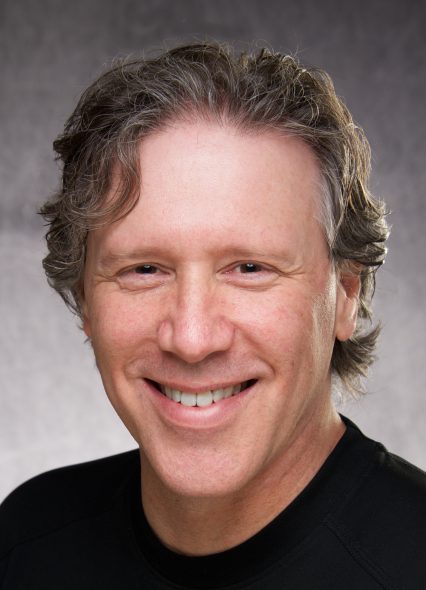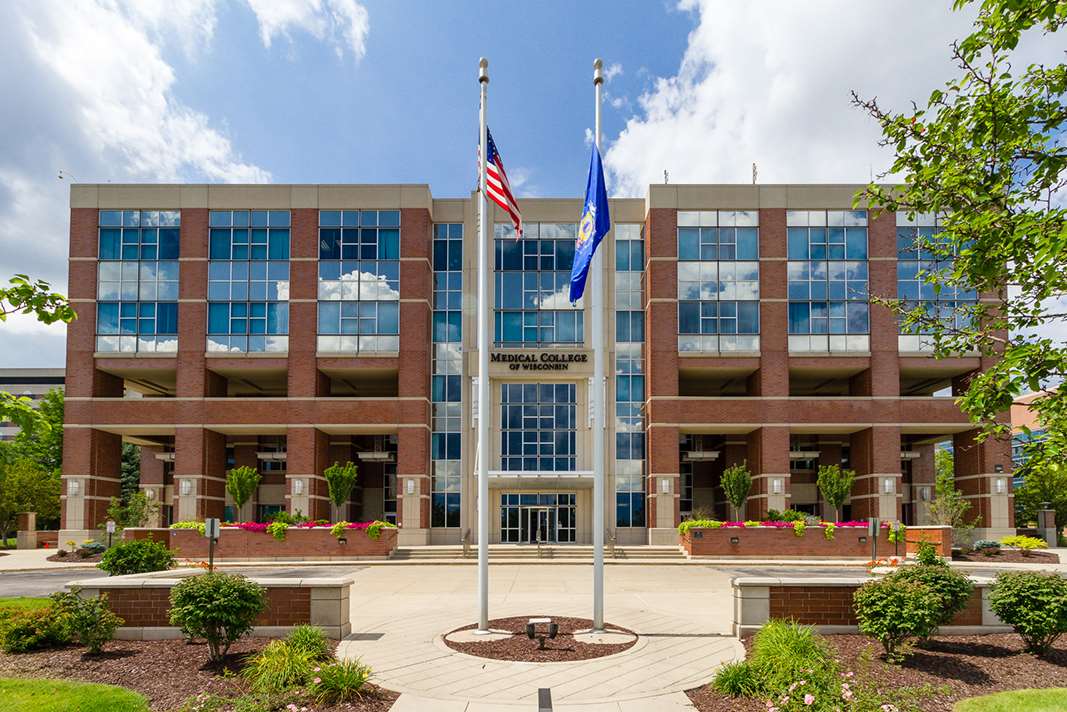John R. Kirby, PhD, Joins the Medical College of Wisconsin as Chair of Microbiology and Immunology
From 2014-2016, Dr. Kirby served as professor of microbiology at the University of Iowa.
Milwaukee, Feb. 9, 2017 –John R. Kirby, PhD, has joined the Medical College of Wisconsin as chair and the Walter Schroeder Professor of Microbiology and Immunology. From 2014-2016, Dr. Kirby served as professor of microbiology at the University of Iowa in Iowa City and the University of Iowa Carver College of Medicine. He also was founding director of the Iowa Microbiology Microbiome Initiative.
“We are pleased to welcome Dr. Kirby as he fills this prominent leadership role at MCW,” said Joseph E. Kerschner, MD, executive vice president of MCW and dean of the school of medicine. “His breadth and depth of knowledge, leadership experience and high regard within the national scientific community position Dr. Kirby well to continue to move the department forward on an innovative and groundbreaking path.”
At the University of Iowa, Dr. Kirby was a faculty member in the Center for Biocatalysis and Bioengineering; Medical Scientist Training Program; Interdisciplinary Graduate Programs in Genetics and Informatics; Fraternal Order Eagles Diabetes Research Center; Sloan Center for Exemplary Mentoring; Interdisciplinary Institute for Human Genetics; Behavioral-Biomedical Interface Training Program; Department of Urology (where he also served as director of Residents Research); and Obesity Research and Education Initiative. He was associate professor of Microbiology at the University of Iowa from 2007 to 2014, before being promoted to the rank of professor. From 2002 to 2006, Dr. Kirby was assistant professor of biology at the Georgia Institute of Technology.
Major areas of research focus for Dr. Kirby have been on signal transduction in diverse bacteria ranging from soil dwelling spore formers (Bacillus subtilis and Myxococcus xanthus) to biofilm forming pathogens, to microbial communities in the gut. Dr. Kirby actively investigates interactions between M. xanthus and B. subtilis as a model for predator-prey interactions in vivo, primarily to assess the role of production of specialized metabolites on both sides of the predator-prey equation. Additionally, he examines the role of xenobiotics for their capacity to disrupt the gut microbiota with deleterious consequences on metabolism.
He has been significantly involved in undergraduate, medical student, graduate and postdoctoral education, including serving as a thesis advisor and on thesis committees in anatomy and cell biology, biochemistry, bioinformatics, biology, epidemiology, genetics and microbiology. He also served as a mentor to junior faculty members at the University of Iowa and several other institutions around the country.
Dr. Kirby has participated in approximately 115 invited lectures, workshops and presentations, both nationally and internationally. His bibliography includes almost 50 articles and book chapters.
He graduated from the University of Illinois at Urbana-Champaign in 1992 and received his PhD in Biochemistry from there in 1998. From 1998-2002, Dr. Kirby was a postdoctoral fellow in molecular cell biology at the University of California, Berkeley.
Dr. Kirby has relocated to the Milwaukee area from Iowa City with his wife, Susanne Müller, PhD.
About the Medical College of Wisconsin
The Medical College of Wisconsin is the state’s only private medical school and health sciences graduate school. Founded in 1893, it is dedicated to leadership and excellence in education, patient care, research and community engagement. More than 1,200 students are enrolled in MCW’s medical school and graduate school programs in Milwaukee, 56 medical students are enrolled at MCW-Green Bay, and 26 students matriculated to MCW-Central Wisconsin in 2016. MCW’s School of Pharmacy will open in 2017 or 2018 with an initial class size of 60 students. A major national research center, MCW is the largest research institution in the Milwaukee metro area and second largest in Wisconsin. In FY 2014-15, faculty received approximately $158 million in external support for research, teaching, training and related purposes, of which approximately $139 million is for research. This total includes highly competitive research and training awards from the National Institutes of Health (NIH). Annually, MCW faculty direct or collaborate on more than 3,200 research studies, including clinical trials. Additionally, more than 1,500 physicians provide care in virtually every specialty of medicine for more than 525,000 patients annually.
NOTE: This press release was submitted to Urban Milwaukee and was not written by an Urban Milwaukee writer. While it is believed to be reliable, Urban Milwaukee does not guarantee its accuracy or completeness.
Mentioned in This Press Release
Recent Press Releases by Medical College of Wisconsin
Midwests Only Holistic Brain Injury Treatment Program for Military Veterans and First Responders Adds Staff, Space Due to Rapid Growth
Dec 8th, 2025 by Medical College of WisconsinThe BRAVE program outgrows its initial space in less than two years.
Audaxity Bike Ride Raises More Than $1 Million to Accelerate Cancer Research at the Medical College of Wisconsin Cancer Center
Nov 13th, 2025 by Medical College of WisconsinFunds from the inaugural community ride will help turn discoveries into new cancer treatments, train future physician-scientists, and expand community-driven research efforts.






















